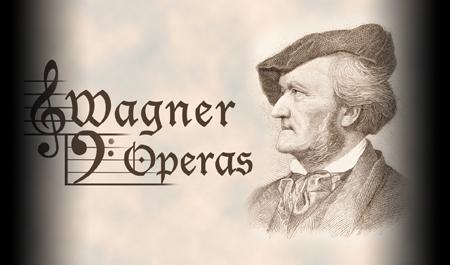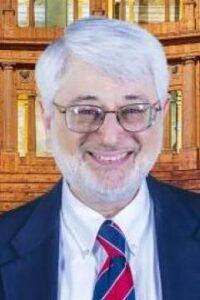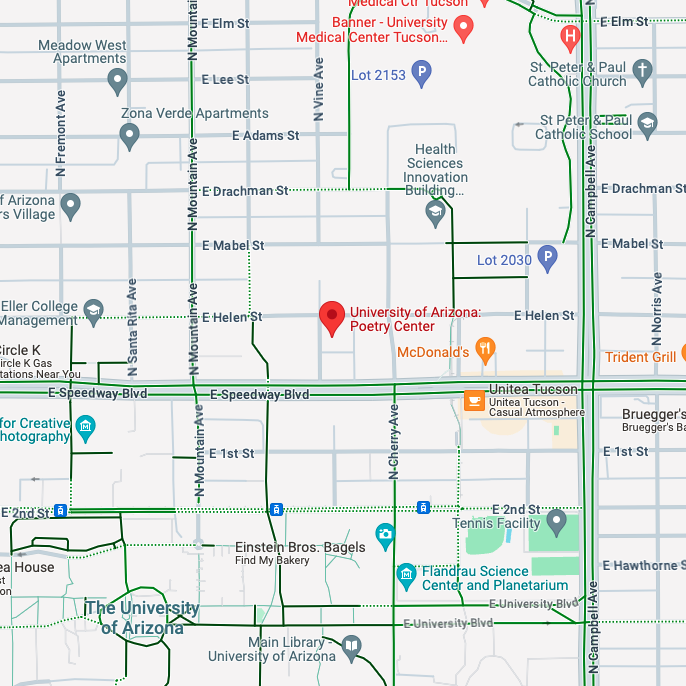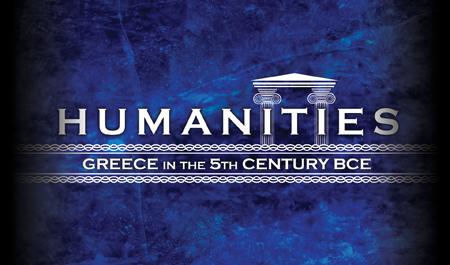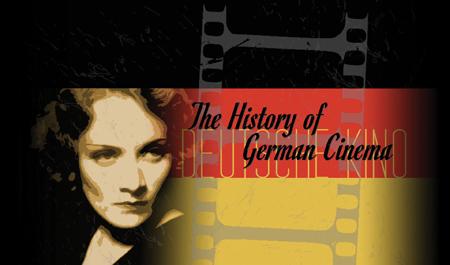In 2013 we celebrate the 200th anniversary of the birth of Richard Wagner (1813–1883). Perhaps no other composer so changed the course of music history through the way he reconceived the nature of opera and the way he stretched the boundaries of tonality. Many composers who followed found themselves swept up in these new approaches to form and harmony.
Four classes will consider Wagner in terms of both biography and music. The first two will provide an overview of Wagner’s life, including his background and education, his practical experience in the opera house (emphasizing his years as Kapellmeister in Dresden), and the creation and establishment of the Wagner festival in Bayreuth. In addition, these sessions will briefly discuss his first operas and will look at the distinctive features of the operas written before his banishment from Germany (The Flying Dutchman, Tannhauser, and Lohengrin).
The third and fourth classes will focus on Wagner’s musical techniques, including his radical new approach in the four operas that make up The Ring Cycle. The course closes with a look at Tristan and Isolde, The Meistersingers, and Wagner’s last opera, Parsifal.

